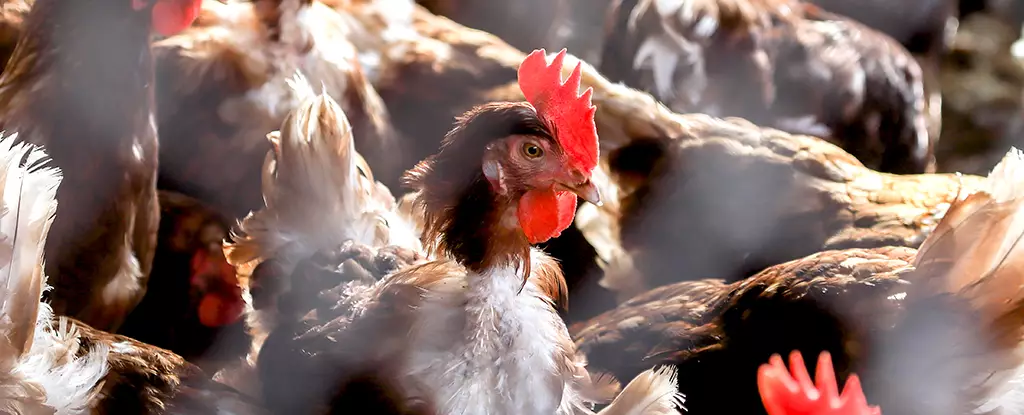The recent reports of animal-to-human bird flu transmission in the United States have raised concerns among health experts. They worry that the virus may adapt to spread from human to human, leading to a potential pandemic. While there is no evidence of human-to-human transmission yet, the need for effective vaccines to combat such a scenario is crucial.
Researchers Flavio Faccin and Daniel Perez from the University of Georgia have analyzed the current efforts in developing vaccines for the current bird flu variants. They have identified several promising options for vaccine development, emphasizing the importance of vaccination as the primary defense against the spread of avian influenza viruses.
One approach to vaccine development is inactivated vaccines, which use dead versions of the virus to trigger an immune response. Studies have shown that these vaccines offer high levels of protection, even in cases involving the H5N1 virus. Another type of vaccine being explored is live attenuated influenza vaccines (LAIVs), which use a weakened form of the virus to prepare the body’s immune system for more severe strains. These vaccines can generate a comprehensive immune response and have shown promising results in studies involving monkeys.
In addition to traditional vaccine approaches, researchers are exploring newer technologies such as virus-like particle (VLP) vaccines and messenger RNA (mRNA) vaccines. VLP vaccines aim to mimic real viruses in a safe manner, while mRNA vaccines direct cells to produce proteins that match the targeted virus. Early results from trials involving these technologies have been encouraging, with some limited trials already conducted on human participants.
While progress in vaccine research is promising, there are still challenges in deploying these vaccines on a mass scale if needed. International cooperation among countries and organizations will be essential to ensure effective distribution and administration of vaccines in the event of a pandemic. The World Health Organization is actively working to facilitate collaboration and preparedness for potential outbreaks.
The threat of avian influenza viruses, such as H5N1, H7N9, and H9N2, continues to pose a significant risk to both global public health and the poultry industry. While the current vaccine research offers hope for combating these viruses, there is no room for complacency. Continued efforts in vaccine development, coupled with international cooperation and preparedness, are essential to mitigating the threat of a potential bird flu pandemic.


Leave a Reply